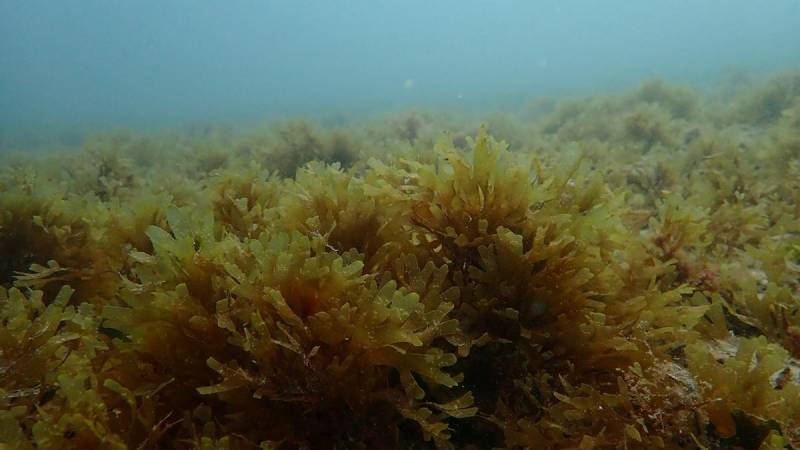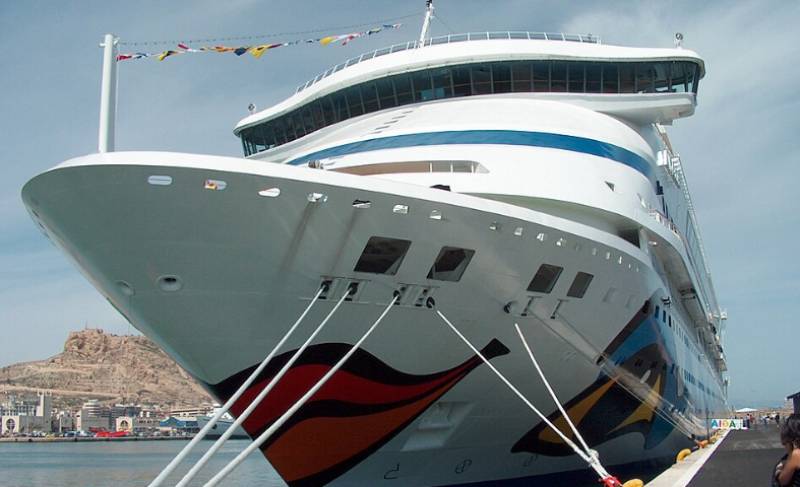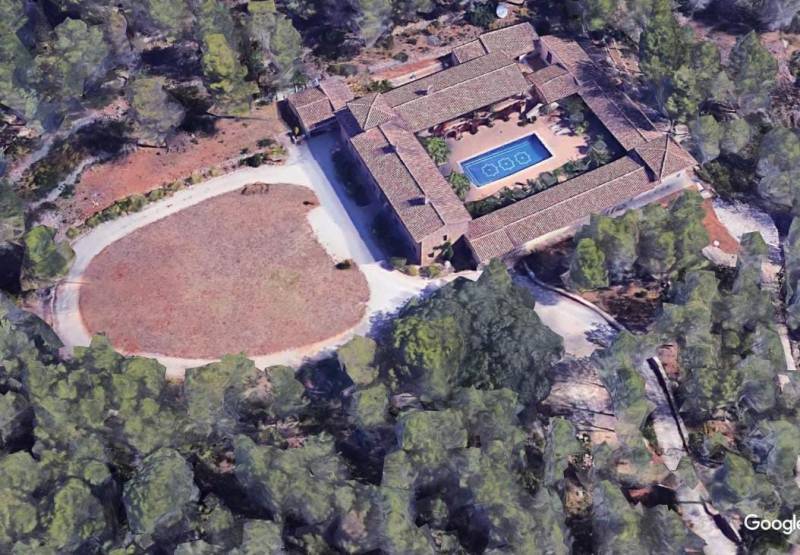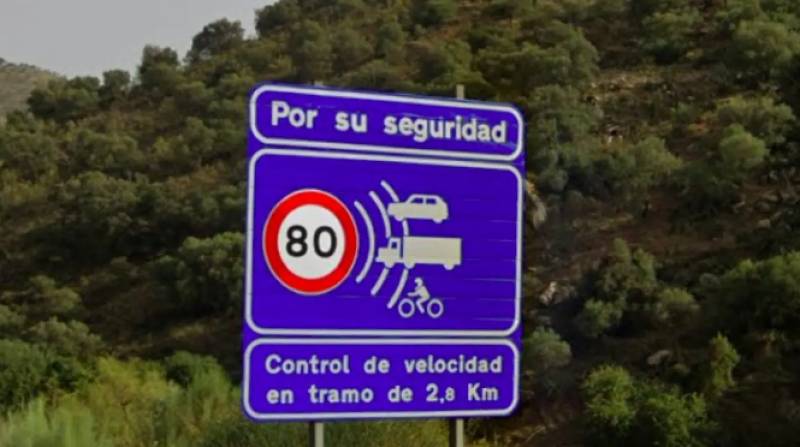- Region
- Vega baja
- Marina Alta
- Marina Baixa
- Alicante
- Baix Vinalopo
- Alto & Mitja Vinalopo
-
ALL TOWNS
- ALICANTE TOWNS
- Albatera
- Alfaz Del Pi
- Alicante City
- Alcoy
- Almoradi
- Benitatxell
- Bigastro
- Benferri
- Benidorm
- Calosa de Segura
- Calpe
- Catral
- Costa Blanca
- Cox
- Daya Vieja
- Denia
- Elche
- Elda
- Granja de Rocamora
- Guardamar del Segura
- Jacarilla
- Los Montesinos
- Orihuela
- Pedreguer
- Pilar de Horadada
- Playa Flamenca
- Quesada
- Rafal
- Redovan
- Rojales
- San Isidro
- Torrevieja
- Comunidad Valenciana
article_detail
Date Published: 12/05/2023
Destructive Asian algae invades Alicante coastline and threatens tourism
"It destroys everything in its path," warn researchers after the algae was found off the coast of Alicante city, Elche and Santa Pola

Harmful and highly invasive Asian algae has been detected off the coast of Alicante province, posing a real threat to marine life and tourism, warn researchers.
The species Rugulopteryx okamurae has a huge invasive capacity and tends to monopolise space, which in the long term could seriously affect Posidonia oceanica, according to specialists from the Department of Marine Sciences and Applied Biology, the Department of Environmental Sciences and Natural Resources and the Santa Pola Marine Research Centre (CIMAR) of the University of Alicante (UA).
"It destroys everything in its path," warned researchers after the destructive algae was found off the coast of Alicante city, Elche and Santa Pola.
The dangerous species has managed to get a hold on the beaches of San Gabriel, Urvanoba, Arenales del Sol and the coves of the Cape of Santa Pola.
It's commonly known as 'Asian seaweed' and is widely found in the Asian Pacific, but has recently been introduced into the Mediterranean Sea, "showing invasive behaviour and threatening biodiversity, tourism and fishing," according to the researchers.
The algae first appeared in Spain on the upwelling of the beaches of Ceuta at the end of 2015 and has spread throughout the Alboran Sea, where it has shown "a great colonising capacity, negatively affecting native marine species, as well as artisanal fishing and tourism" because it forms large accumulations on the beaches, "which are difficult to manage and remove".
It has also recently been detected in the Canary Islands, as well as in Almeria and Granada, and is expected to spread rapidly throughout the rest of the Mediterranean.
For this very reason, it was declared an invasive alien species and a strategy was established for its monitoring and control at national level.
However, this is the first time it has appeared on Alicante coast, and large quantities of samples have been collected by students and teachers from the Marine Zoology course at Alicante University.
The UA researchers identified the algae by means of morphological and molecular characterisation. They also carried out a rapid survey to assess the extent and abundance of the algae.
"Large quantities of Rugulopteryx okamurae have been found on the seabed, accumulating on some nearby beaches such as San Gabriel and Urbanova, but also on other more distant tourist beaches, such as Arenales and coves at the Cape of Santa Pola, dispersed by the waves and sea currents," explained Marc Terradas Fernández, a researcher in the Department of Marine Sciences and Applied Biology.
"These results confirm the expansion of this algae throughout the Mediterranean and accentuate the importance of carrying out monitoring studies to study the variation in its abundance over time in the sites already colonised and to detect its expansion to nearby areas," he added.
The specialists are committed to studying its potential effect on the native species of the coast and implementing "the appropriate measures to control its expansion".
Image: Universidad de Alicante
staff.inc.ali
Loading
See more environmental news about Spain:
OR
Sign up for the Spanish News Today Editors Roundup Weekly Bulletin to get a comprehensive email with all the week’s news for Spain, Murcia, Alicante and Andalucía.
Get a sneak peek – here are a few of our recent Subscription Bulletins:
Discount Special Offer subscription:
36.95€ for 48 Editor’s Weekly News Roundup bulletins!
Please CLICK THE BUTTON to subscribe.
Contact Murcia Today: Editorial 000 000 000 /
Office 000 000 000



































